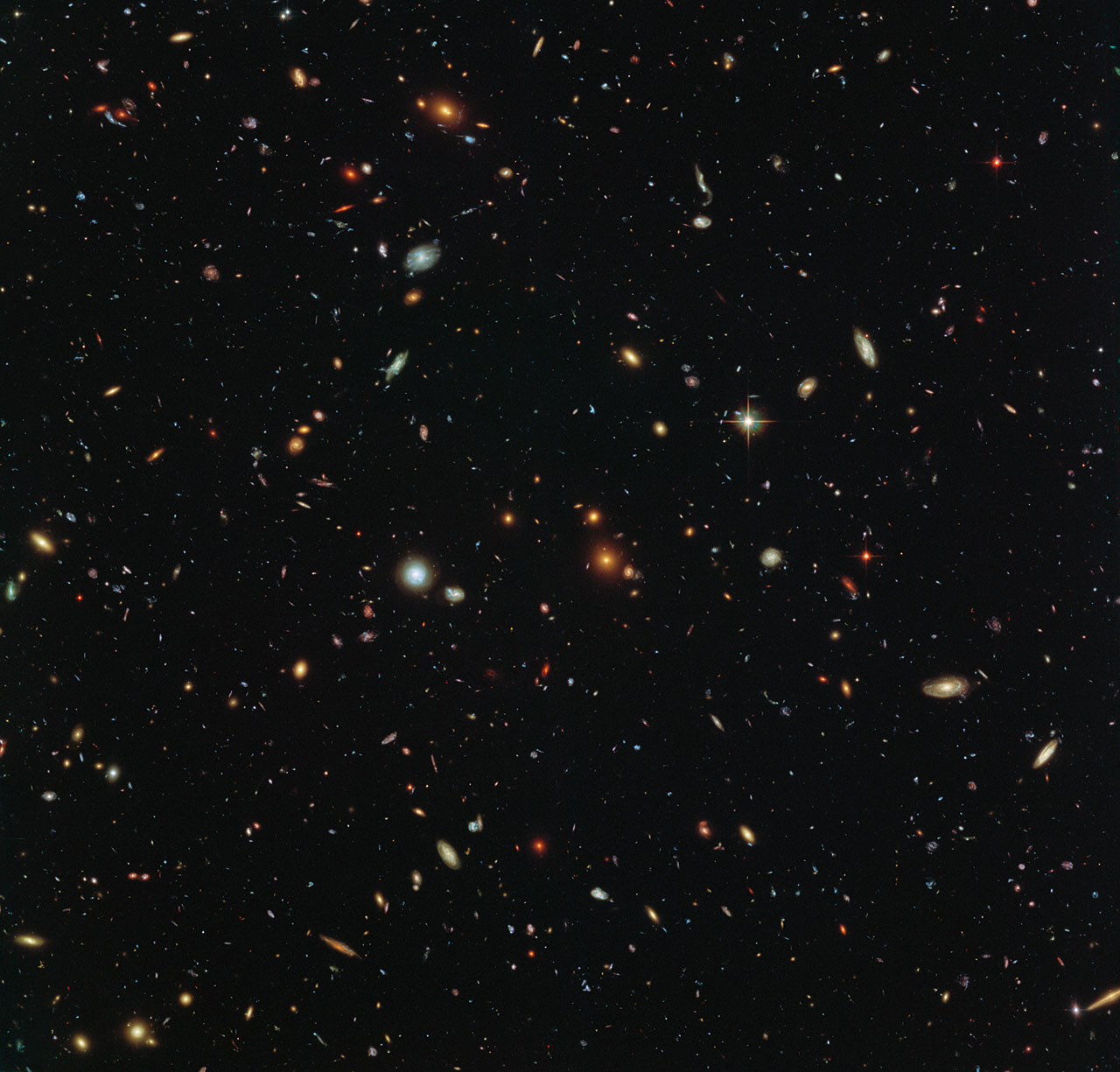
Cosmology, Relativity & Astrophysics
Dr. Ishak-Boushaki is the group founder and his research is in the field of physical cosmology, the study of the structure and evolution of the Universe. This involves the acceleration of the cosmic expansion of the Universe and the dark energy associated with it; testing the theory of gravity at cosmological scales; gravitational lensing studies and intrinsic alignment of galaxies; constraining cosmological models and parameters using combined cosmological data sets; selected topics at the intersection of general relativity and cosmology. His research work involves analytical work, numerical projects and makes use of cosmological data sets. He and his students are also involved in the Legacy Survey Telescope of Space and Time (LSST) and its Dark Energy Science Collaboration (DESC), and the Dark Energy Spectroscopic Instrument (DESI) analysis teams.
Dr. Kesden‘s research focuses on the formation, evolution, and gravitational-wave emission of binary black holes and stellar tidal disruption by supermassive black holes.
Dr. King‘s research involves understanding the formation and evolution of massive objects and structures in the Universe in a cosmological framework, from compact objects such as black holes through to galaxy clusters and the large-scale cosmic web. She employs multiwavelength electromagnetic signatures, as well as gravitational wave emission from compact objects, and tools including gravitational lensing.
Dr. Penev‘s research involves detection and characterization of extrasolar planets, and investigation of the effects of tides in star-planet and binary star systems.
Dr. Smith’s research comprises many areas of computational astrophysics, ranging from cosmic reionization simulations to modeling radiation signatures and feedback from star, galaxy, and supermassive black hole formation and evolution.